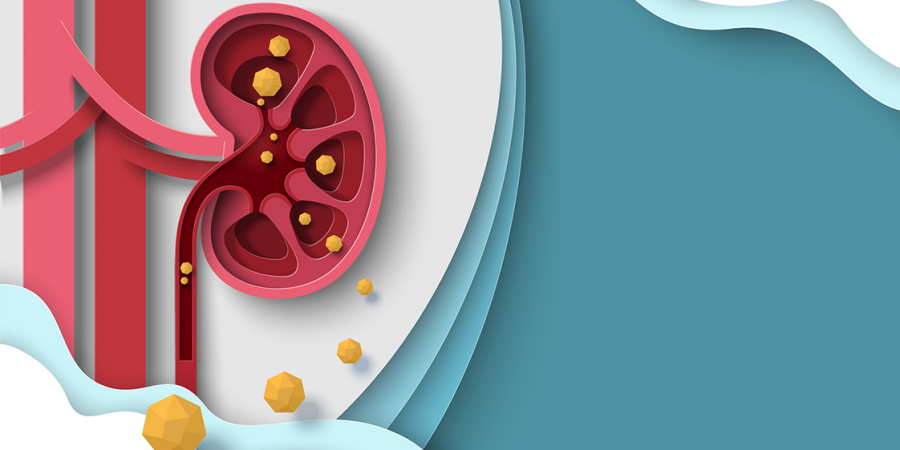

Urine salts can form solid crystals known as kidney stones. Sometimes they are referred to as renal calculi. Kidney stones can occur in approximately one in ten males and one in thirty-five women. Thirty to fifty percent of people will get another kidney stone within five years of the first one.
If you have previously had a kidney stone, your chances of getting another one are increased. After five years, the danger is lower. However, some people get stones all their lives and never quit. A few kinds of stones are inherited by certain families.
How to avoid kidney stones:
You can lower your risk of kidney stones by implementing dietary changes. The following nutritional and diet initiatives could be beneficial:
Foods high in calcium include dairy items, including yogurt, cheese, and milk lush, green vegetables; seafood that you eat, like salmon and canned sardines; and foods that are enhanced with calcium, like tofu, fruit juices, soy and rice drinks, and breakfast cereals.
3. Cut back on sodium. Because a high-sodium diet raises the concentration of calcium in urine, it can produce kidney stones. So, for those who are prone to stones, a low-sodium diet is suggested. The current recommended daily intake of salt is limited to 2,300 mg. Try cutting back on your daily sodium consumption to 1,500 mg if kidney stones have previously been caused by sodium.
4. Minimize your intake of animal protein. Consuming excessive amounts of animal protein, which includes red meat, poultry, eggs, and seafood, has been associated with an increased risk of kidney stones.
5. Steer clear of foods that cause stones. Rich in oxalate foods include beets, chocolate, spinach, rhubarb, tea, and most nuts. Limiting these foods is advised for those who develop calcium oxalate stones. Excreted in the urine, the excess oxalate can react with urinary calcium there.
